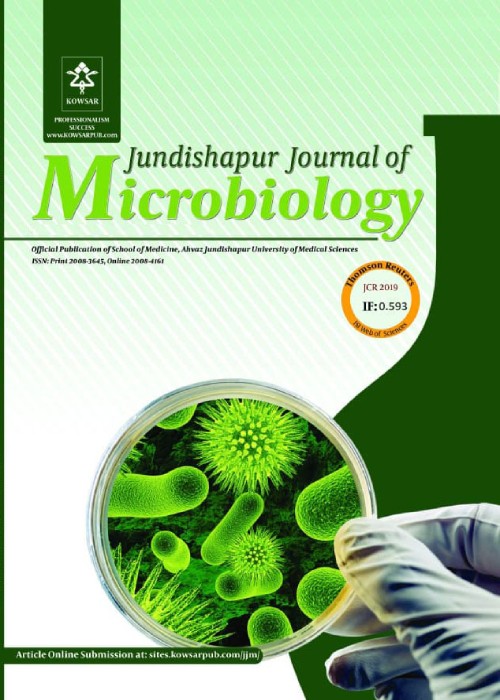Immunologic Profile of Severe COVID-19 Patients in Alborz Province, Iran
The coronavirus disease 2019 (COVID-19) pandemic has prompted researchers to look for severe acute respiratory syndrome coronavirus 2 (SARS-CoV-2) pathogenicity in depth. Immune system dysregulation was one of the major mechanisms in its pathogenesis. The evidence regarding the levels of interferons (IFNs) and pro- and anti-inflammatory cytokines in COVID-19 patients is not well-established.
This study evaluated the expression level of type-I, II, III IFNs, along with interleukin-1 (IL-1), interleukin-6 (IL-6), interleukin-10 (IL-10), and FOXP3 genes in patients with severe COVID-19 to provide additional insights regarding the regulation of these cytokines during COVID-19 infection.
Peripheral blood mononuclear cells were isolated from two groups, including severe COVID-19 patients and healthy controls. Ribonucleic acid was extracted to evaluate the expression level of IFN-a, IFN-b, IFN-g, IFN-la, IL-1, IL-6, IL-10, and FOXP3 genes using real-time polymerase chain reaction. The correlations between the expression levels of these genes were also assessed.
A total of 40 samples were divided into two groups, with each group consisting of 20 samples. When comparing the severe COVID-19 group to the controls, the expression levels of IFN-g, tumor necrosis factor-alpha (TNF- ), IL-6, and IL-10 genes were significantly higher in the severe COVID-19 group. The two groups had no significant differences in IFN-a, IFN-b, IFN-la, IL-1, and FOXP3 expression. The correlation analysis revealed a negative correlation between type I and type III IFNs (i.e., IFN-a and IFN-la) and proinflammatory cytokines (i.e., IL-1 and IL-10).
This study suggests the possible upregulation of IFN-g, IL-6, IL-10, and TNF- during SARS-CoV-2 pathogenicity. The preliminary findings of this study and those reported previously show that the levels of IFNs and pro- and anti-inflammatory cytokines are not uniformly expressed among all COVID-19 patients and might differ as the disease progresses to the severe stage.
- حق عضویت دریافتی صرف حمایت از نشریات عضو و نگهداری، تکمیل و توسعه مگیران میشود.
- پرداخت حق اشتراک و دانلود مقالات اجازه بازنشر آن در سایر رسانههای چاپی و دیجیتال را به کاربر نمیدهد.


